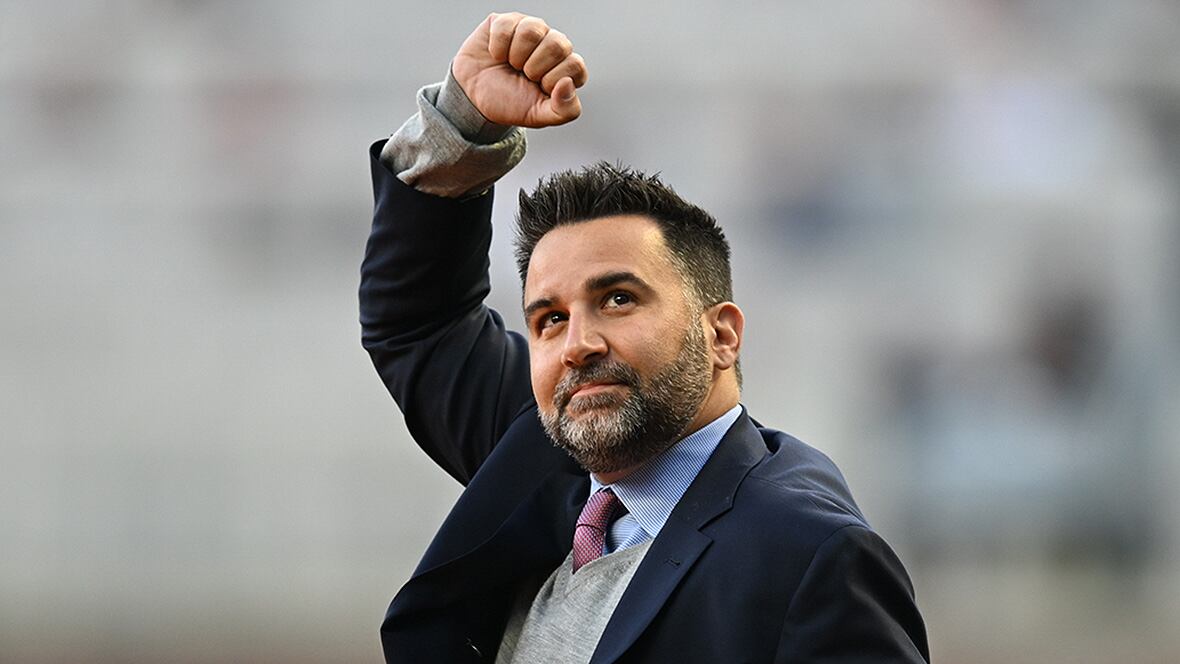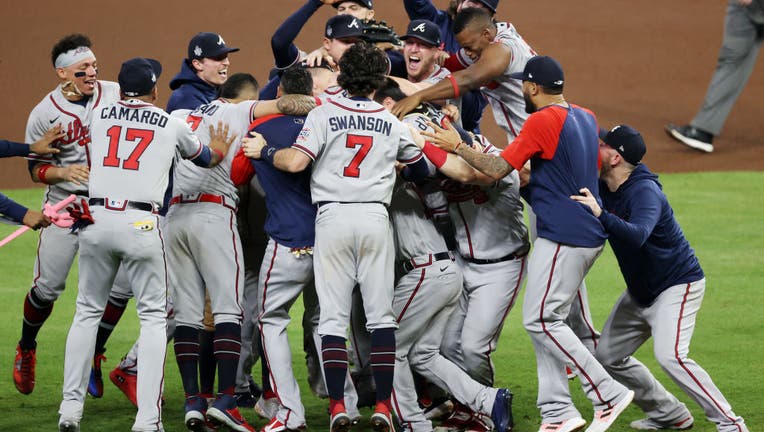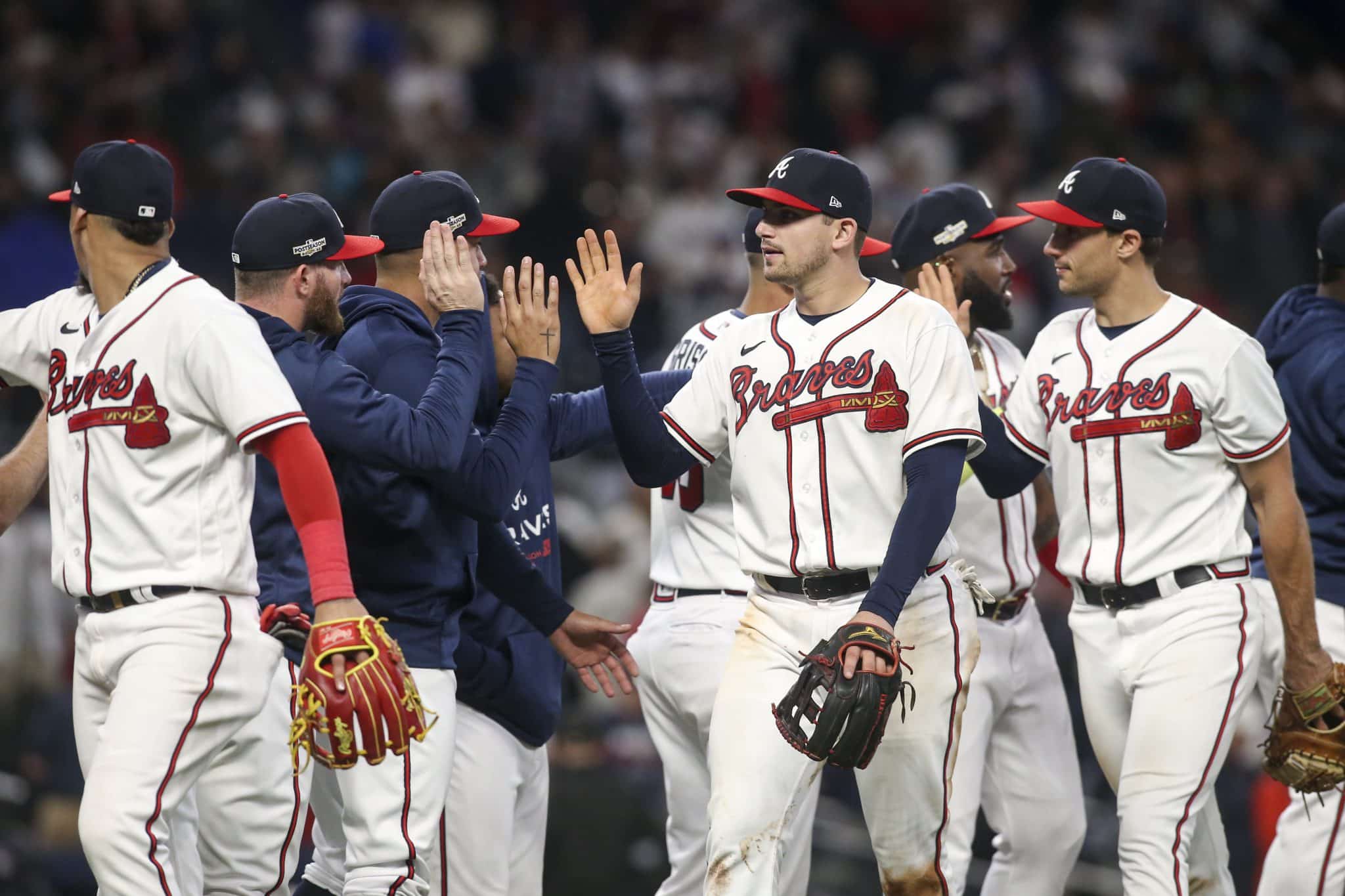From Contenders to Magnets: How the Braves Became the Team Every Free Agent Wants to Join
There was a time when the Atlanta Braves were just another team with potential — flashes of brilliance that never seemed to last long enough. They had talent, sure, but they also had uncertainty: a young core that hadn’t yet learned how to win, a fan base that had seen too many “almost” seasons, and a city still waiting to feel that pulse of magic again. But something changed. Somewhere between rebuilding and rebirth, the Braves found their soul.
Today, they are no longer just contenders. They are a magnet. A destination. A clubhouse where free agents walk in and feel, almost instantly, this is where I want to be.
How did that happen? It didn’t start with money, or fame, or even trophies. It started with people — with a culture that grew from inside out.
;Resize=620)
When you step into Truist Park now, you can feel it — that quiet confidence that doesn’t need to shout. The players joke, they compete, they dance on the field like it’s a backyard game. It’s not arrogance; it’s belief. And that belief was built brick by brick by a front office that understood the modern athlete: the hunger to win, yes, but also the hunger to belong.
Alex Anthopoulos, the team’s general manager, didn’t just build a roster — he built a family. While other organizations chased headlines, the Braves chased chemistry. They locked in their young stars — Ronald Acuña Jr., Ozzie Albies, Austin Riley, Michael Harris II, and Spencer Strider — with long-term deals that sent a clear message: we believe in you, and we’re building around you.
That kind of loyalty doesn’t just attract players; it inspires them.

When a veteran free agent looks at Atlanta now, he doesn’t just see stats or contracts — he sees joy. He sees a dugout full of guys who actually like playing together. He sees fans who don’t just cheer wins but celebrate the swagger behind them. The Braves don’t sell free agents on “opportunity”; they sell them on belonging.
And belonging is a rare currency in professional sports.
The transformation also comes down to leadership. The Braves’ clubhouse isn’t run on ego but on example. Leaders like Freddie Freeman once set the tone — humility, work ethic, grace — and even after his departure, that energy stayed in the room. It’s carried on by players who learned from him, who saw that being a Brave wasn’t just about putting on a uniform but upholding a standard.

There’s a rhythm to this team now. It’s not forced, not corporate — it’s organic. Young players come up from the minors and slide right in because the system isn’t just about skills, it’s about fit. The veterans mentor without patronizing, and the coaches teach without preaching. The result? A machine that wins not just because it’s talented, but because it’s together.
Winning, of course, helps. The 2021 World Series title wasn’t just a championship — it was proof that belief can pay off. But what’s more impressive is how the Braves sustained that energy afterward. Instead of splintering under the weight of success, they doubled down on it. They didn’t rebuild; they reloaded.
 So now, when free agents think about where to sign, Atlanta isn’t just another stop on the map — it’s the destination. The weather’s nice, the fans are loyal, the roster is electric, and the front office actually knows what it’s doing. But more than anything, players want to be part of that feeling — that unspoken chemistry that makes baseball feel like more than a business again.
So now, when free agents think about where to sign, Atlanta isn’t just another stop on the map — it’s the destination. The weather’s nice, the fans are loyal, the roster is electric, and the front office actually knows what it’s doing. But more than anything, players want to be part of that feeling — that unspoken chemistry that makes baseball feel like more than a business again.
In an era when loyalty is rare and contracts are short, the Braves have done something revolutionary by being old-fashioned: they’ve made people want to stay.
And that’s the secret. That’s how a team goes from contenders to magnets — not by chasing the biggest name, but by creating the kind of environment where the biggest names come chasing you.
The Braves aren’t just building a dynasty; they’re building a home. And right now, every player in baseball can see the light coming from Atlanta — warm, golden, and impossible to ignore.